Seattle has introduced a $20 minimum wage law, leading to a significant reduction in restaurant delivery orders.
The city is currently grappling with the economic consequences of this decision. Businesses, customers, and gig workers are all affected, with a noticeable impact on the local economy as a whole.
PayUp Law’s Impact on Gig Workers
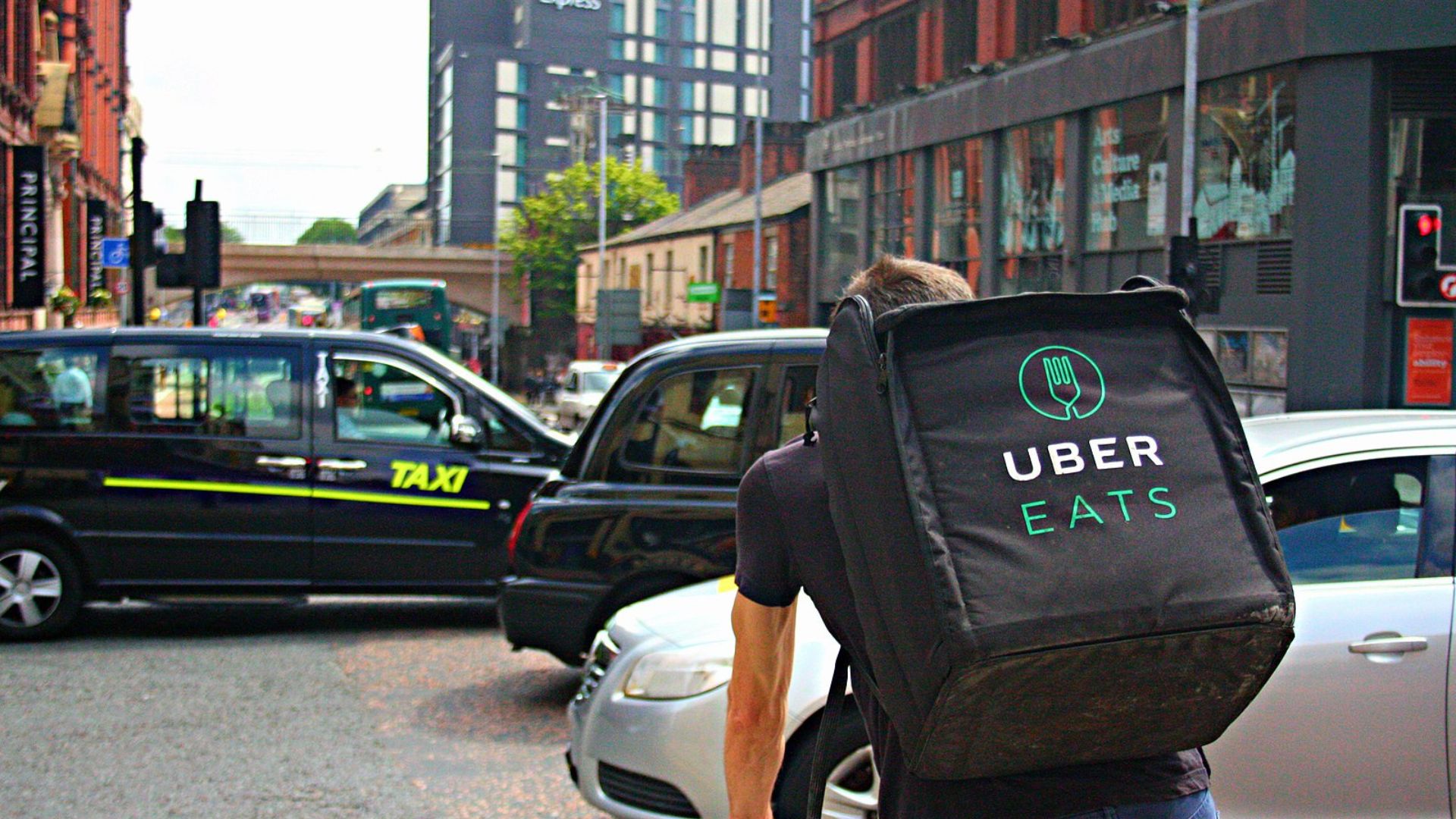
Implemented in 2022, the PayUp law initially set a minimum wage of $26 per hour for gig workers, including delivery drivers associated with platforms like Uber Eats and DoorDash.
This law was intended to improve the earnings and working conditions of gig workers in Seattle.
Seattle’s Minimum Wage Increase Backfires

While gig workers were excited about the pay increase, the backlash from companies opposing the law has made these workers rethink the benefits of such an increase.”
According to NPR, delivery gig work has slowed since the start of the year, largely due to companies like Instacart, DoorDash, and Uber Eats raising customer fees by anywhere from $5 to $25 per delivery.
Reduction in Orders for Major Delivery Platforms
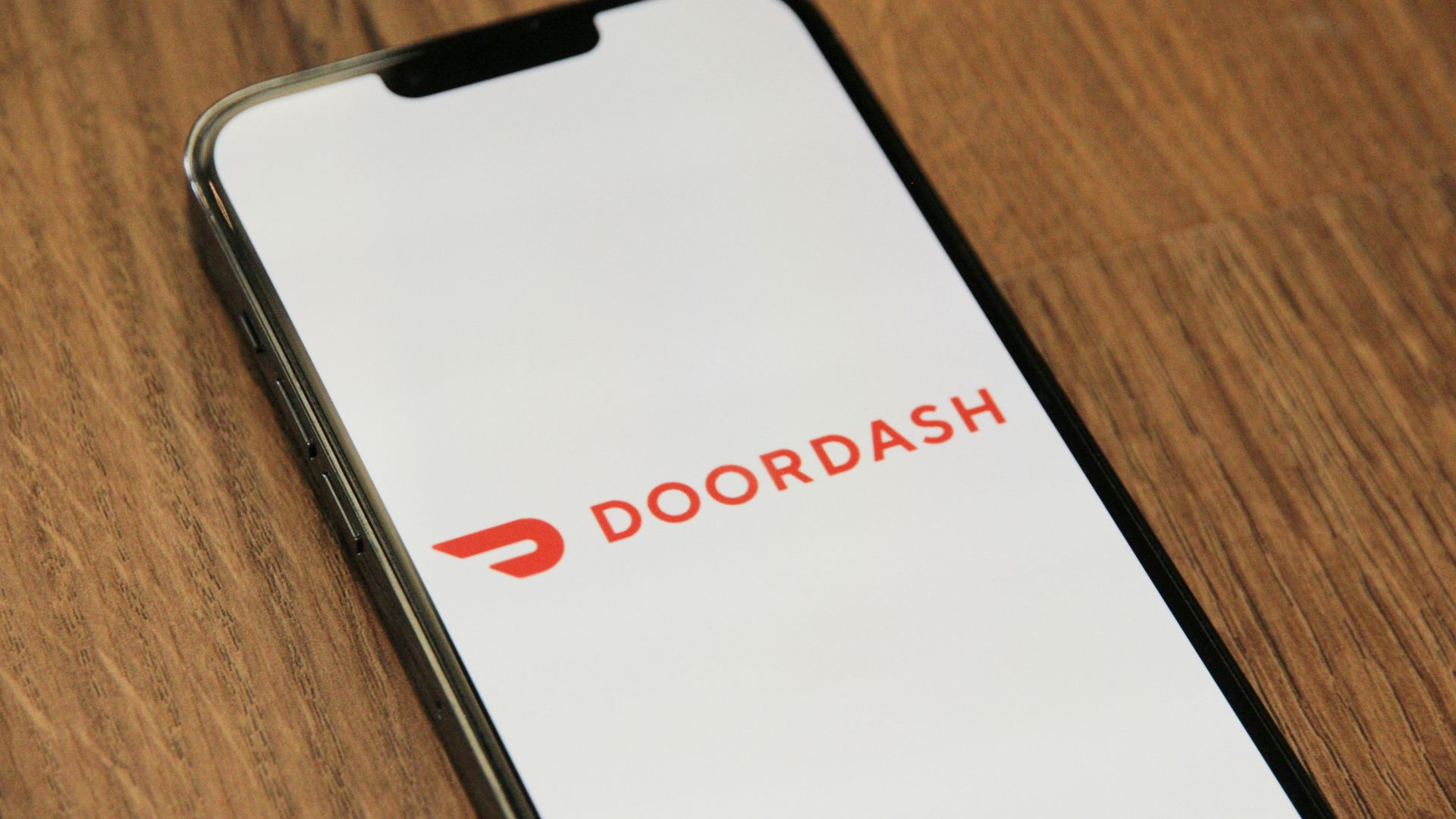
Newsweek reports that major delivery platforms have reported a decline in orders due to the increased minimum wage.
DoorDash highlighted a significant decrease, noting 300,000 fewer orders within a three-month period, a downturn attributed to the new wage regulations impacting consumer pricing.
Concerns Over Potential Wage Reductions
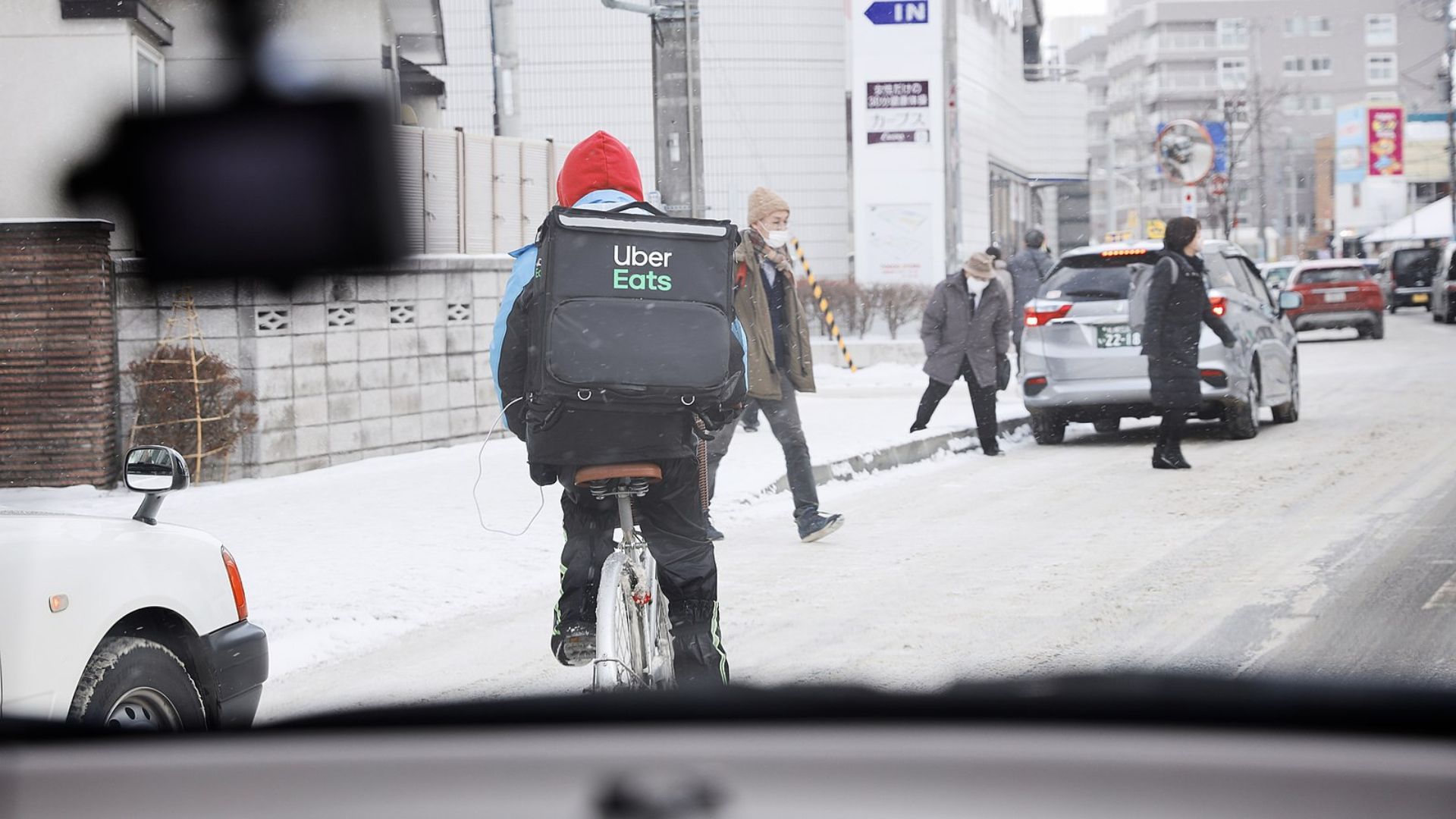
Alex Beene, a financial literacy instructor at the University of Tennessee at Martin points out the difficult balancing act involved.
“There seems to be a universal agreement that these workers deserve better wages than what they were receiving, but it’s difficult to know exactly how much employers can give while also turning a profit.”
Financial Strain on Delivery Drivers
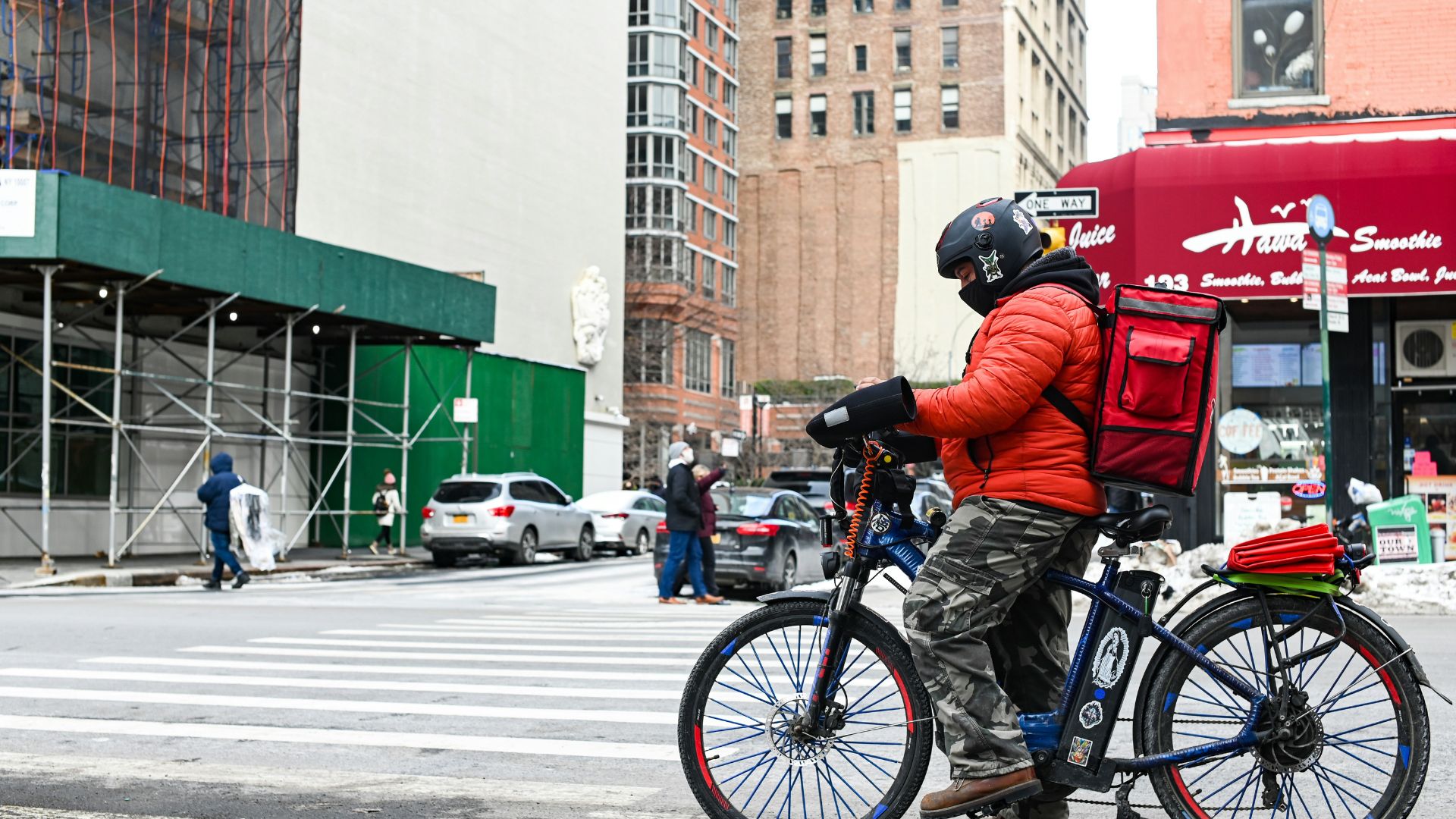
Despite the guaranteed hourly rate, financial experts and advocates argue that the new changes may still place financial strain on delivery drivers.
Beene commented to Newsweek, “Under these revisions, drivers would still be paid at a guaranteed hourly rate, although some advocates say when you factor any other expenses these gig workers face, it would ultimately present a negative effect to their overall pay.”
Uber Reports Decline in Delivery Orders
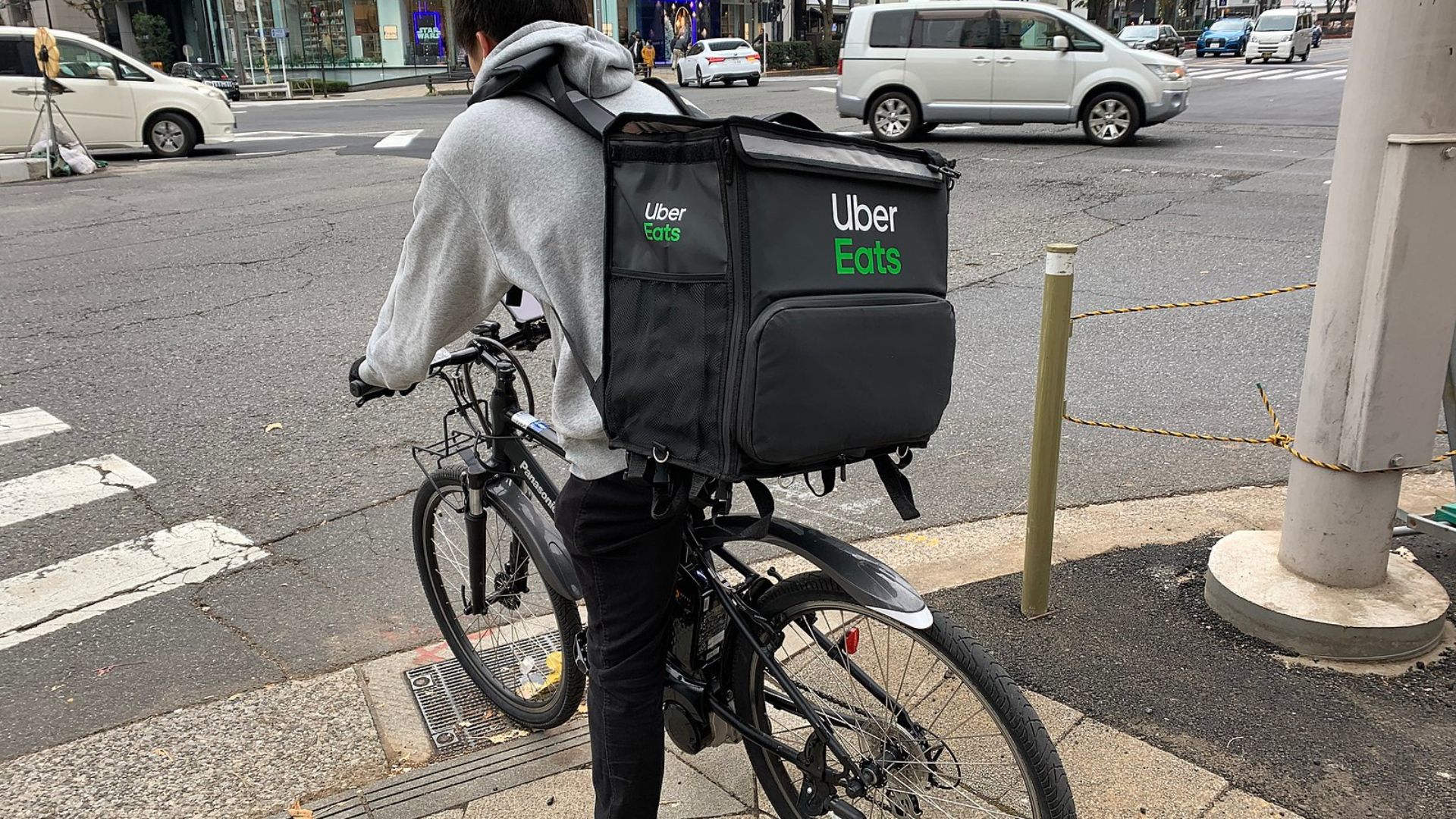
Following the implementation of the new wage law, Uber reported a 30% decline in delivery orders.
This significant decrease highlights the challenges faced by businesses and gig workers under the new economic conditions.
Gig Workers Are Not Earning Enough
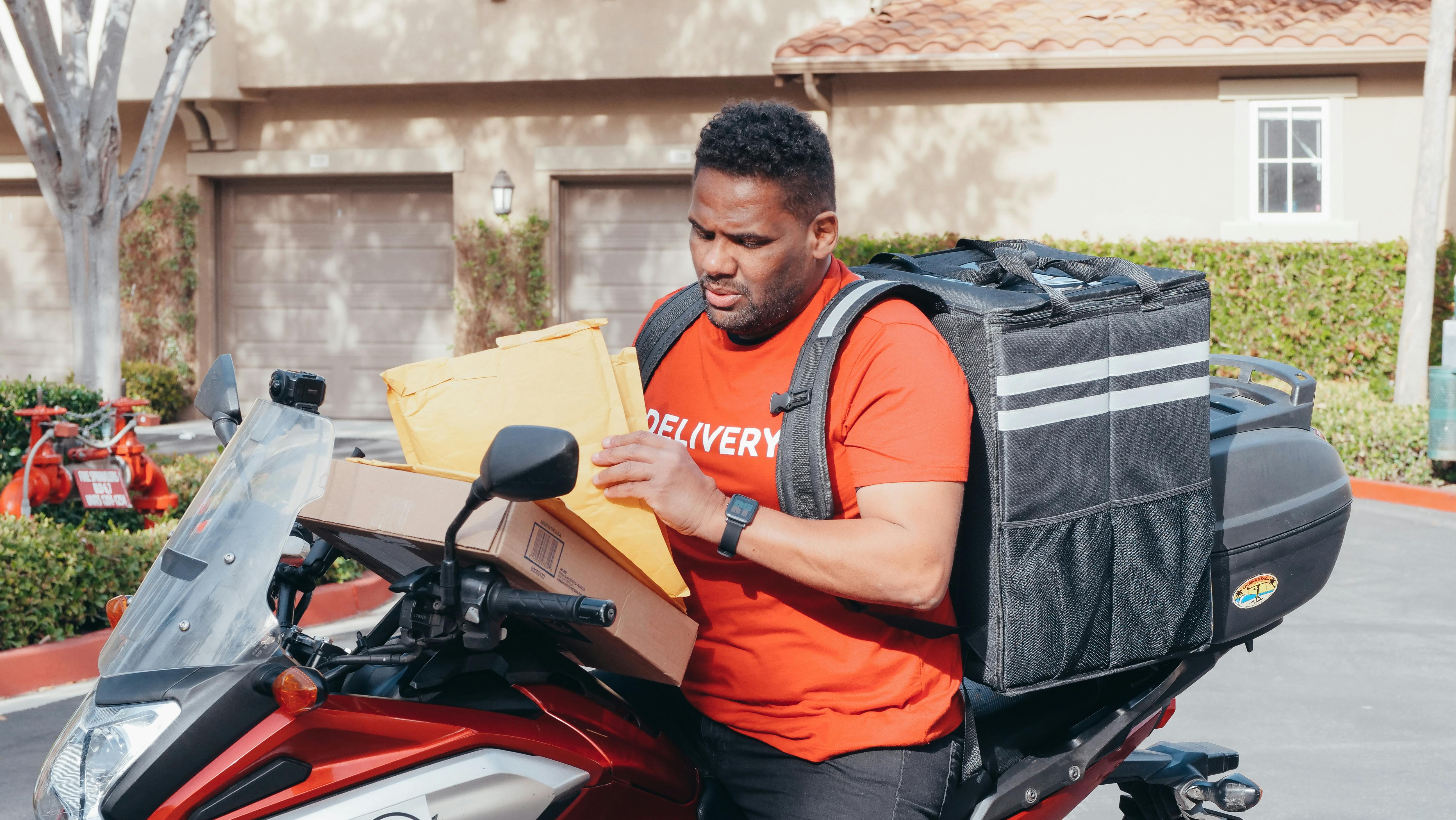
Long-time delivery driver Gary Lardizabal told King 5 News that he was frustrated with delivery companies’ response to the new minimum wage law.
Lardizabal said that orders have dried up since the ordinance took effect on January 15, calling the minimum wage a “dying wage.” “I can’t pay rent. It’s down 30 to 40 percent. I’m one of the lucky ones. I know people who make $12 in one day,” Lardizabal said.
DoorDash Criticizes New Wage Law
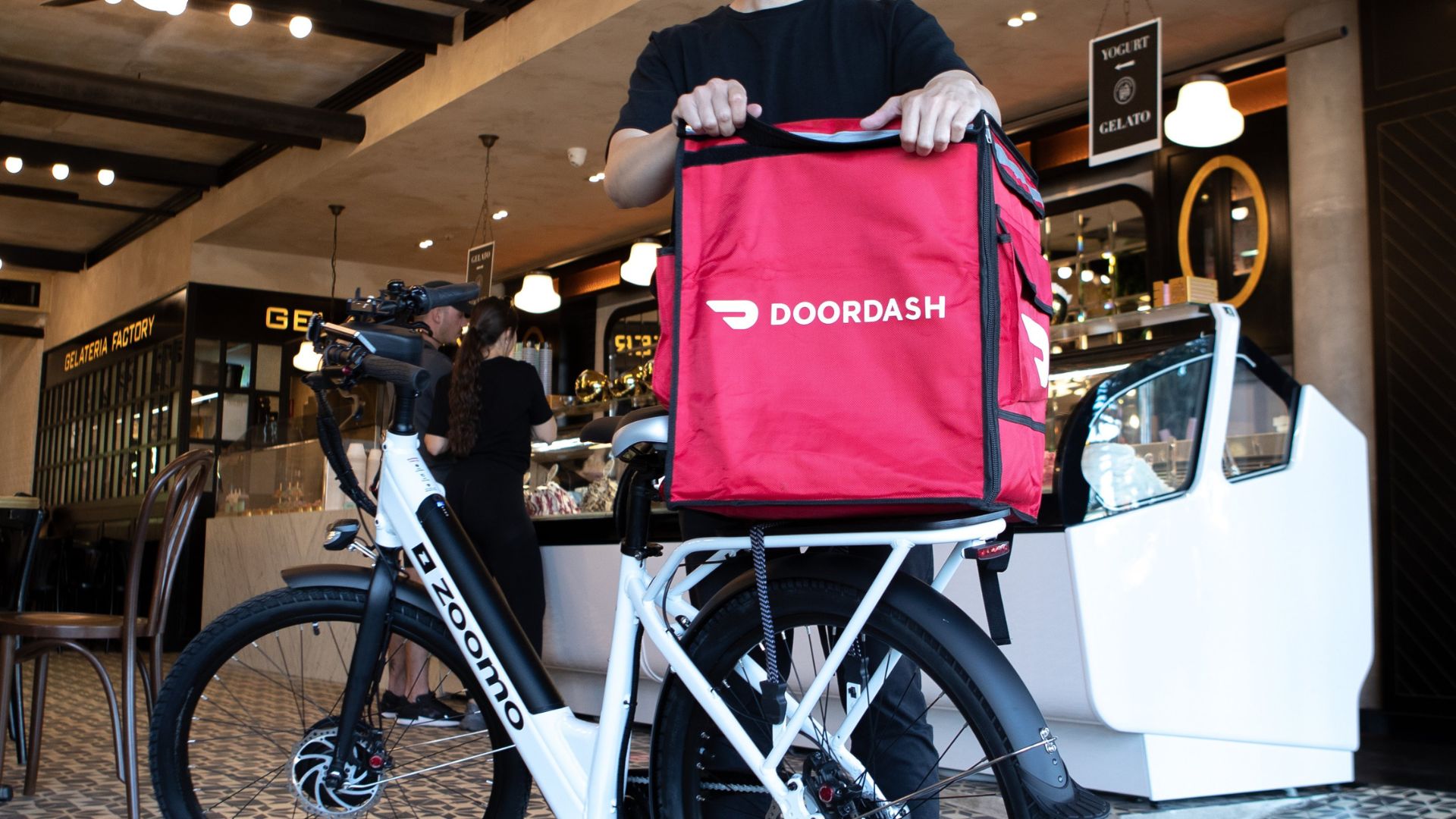
DoorDash has openly criticized the new wage law, stating, “It’s painfully clear from listening to Dashers, merchants and consumers that this new law simply isn’t working.”
They argue that the law has not only reduced their orders but also harmed their operational dynamics.
DoorDash Continues to Slam the Law
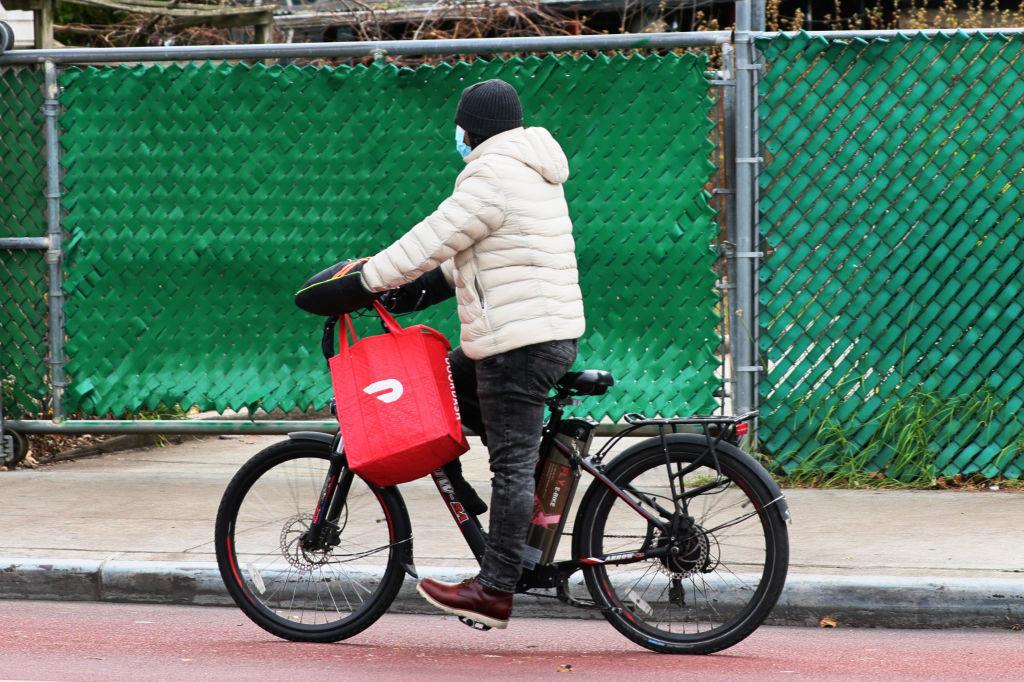
DoorDash continues to criticize the new minimum wage increase, calling the new pay standard for workers excessive. The company has introduced “local operating fees” to offset labor costs and maintain profitability.
While companies like DoorDash refuse to take a profit cut, workers and restaurants are starting to feel the impact.
Economic Challenges for Employers
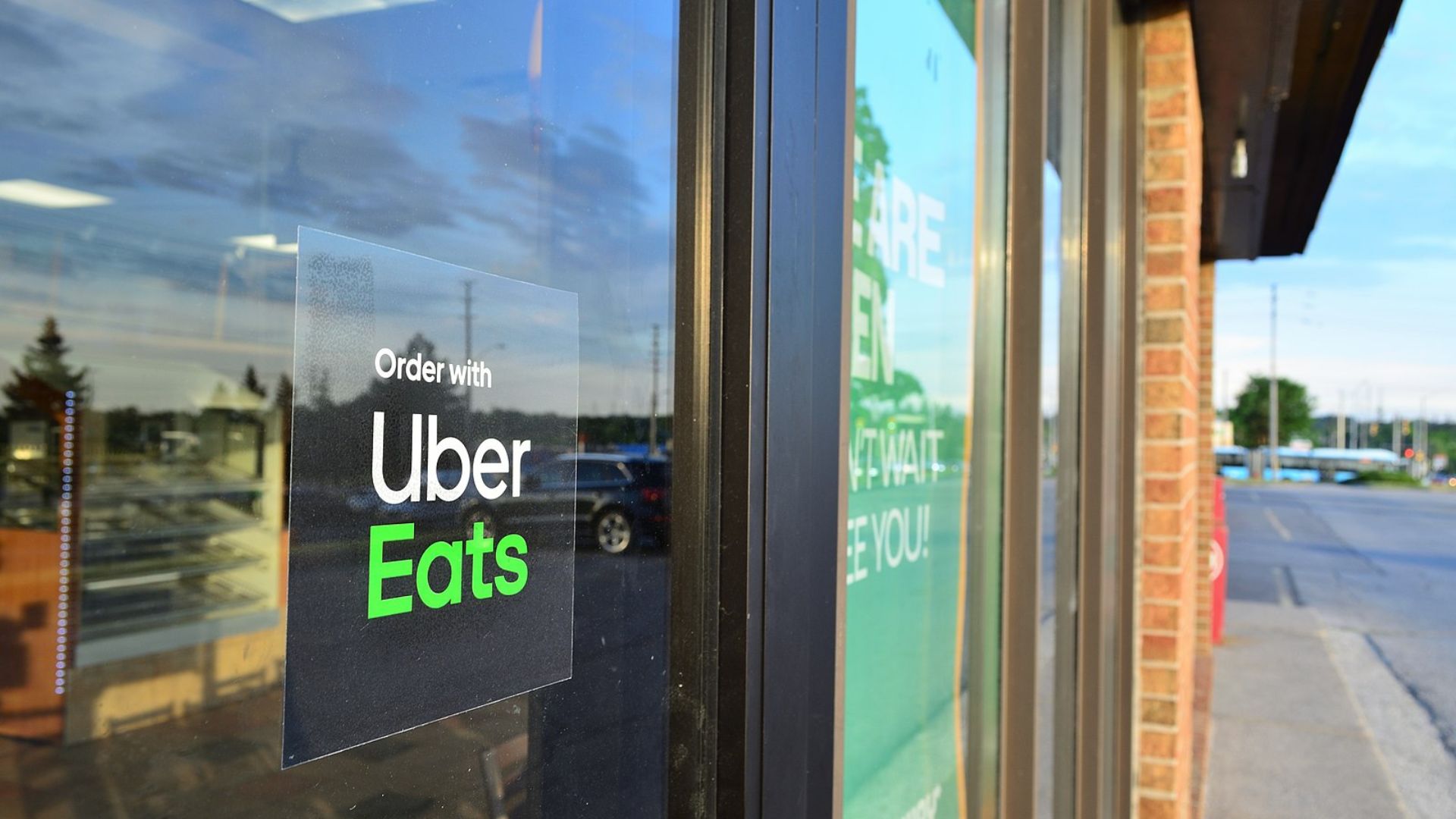
The new minimum wage law presents economic challenges for employers trying to balance fair wages with maintaining profitability.
This has sparked a broader discussion on how businesses can sustainably manage increased labor costs while remaining competitive.
Orders Are Down Across Apps

Despite the low orders that affect local businesses’ revenue, owners understand that gig workers need a pay bump.
Peter Pak, a local restaurant owner, said, “I do understand the intent of the new ordinance and do respect the minimum wage but just want to express our negative impact that it’s had on our business. Our orders have been down about 40 percent, 50 percent.”
Companies’ Responses Are Why This Law is Failing

Gig workers who support the city’s legislation—the first of its kind—are defending the choice, which promises to help delivery workers’ minimum wage.
However, workers seem to be aware that the current backlash against this increase is coming from the companies. “They want this to fail. They are doing everything that they can to make it fail. They’re hurting their customers, they’re hurting the restaurants, they’re hurting the drivers to make it fail so they cannot be regulated,” Lilly Ana Fowler told NPR.
Proposed Revisions to the PayUp Bill

In response to the backlash, the Seattle City Council is considering revisions to the PayUp bill.
These amendments aim to address the concerns raised by businesses and gig workers alike, seeking a more balanced approach to wage regulations.
Impact on Local Restaurants

Local restaurants are particularly feeling the impact of the new minimum wage law, with many reporting a downturn in orders, Newsweek reports.
This decline affects not only their revenue but also their ability to employ staff and manage operational costs.
Increased Consumer Costs
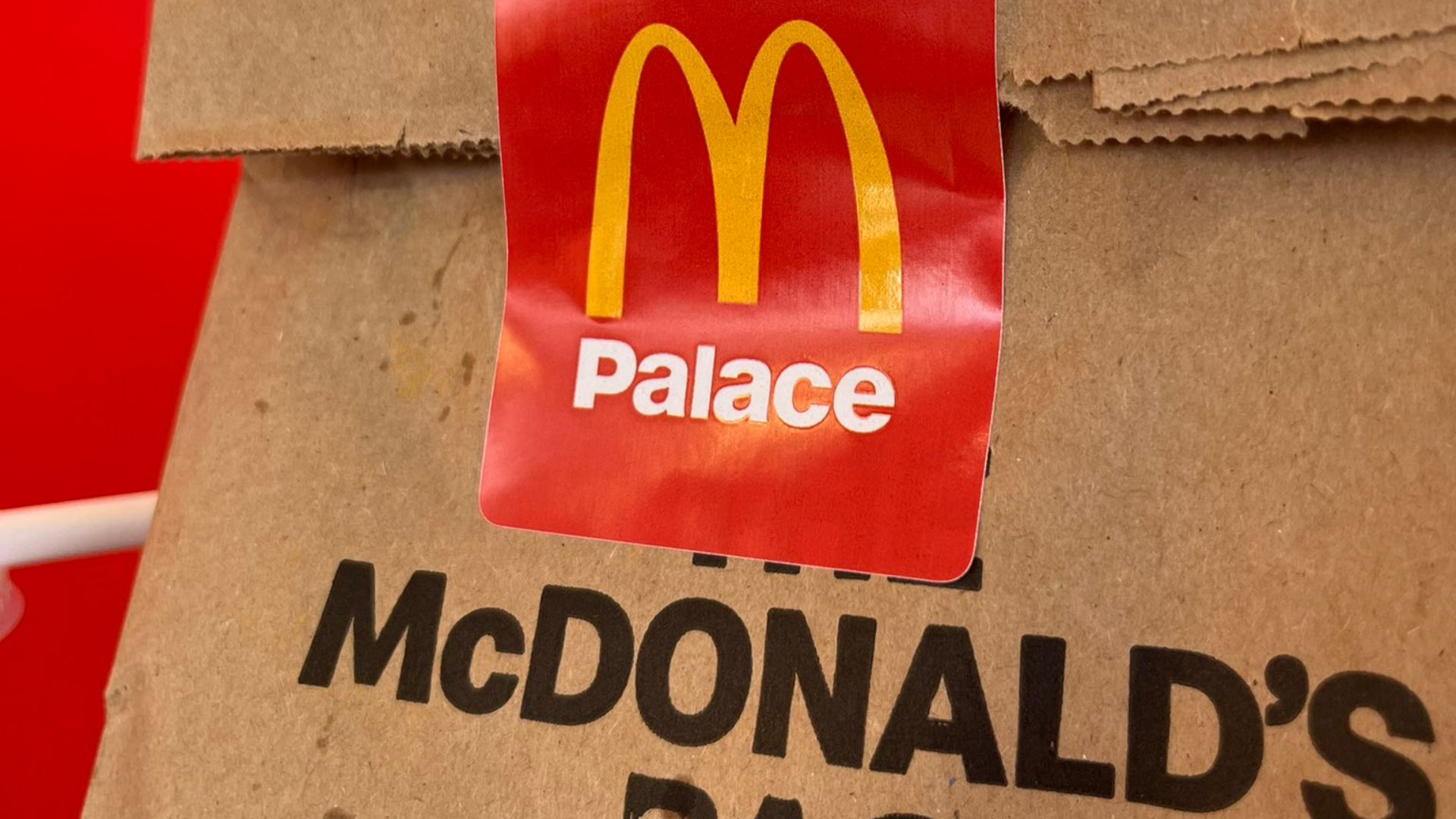
The increased minimum wage has also led to higher costs for consumers, particularly in terms of delivery fees.
These added costs have contributed to a reduction in the number of orders, as customers opt for more economical choices.
Workers Respond to the Backlash
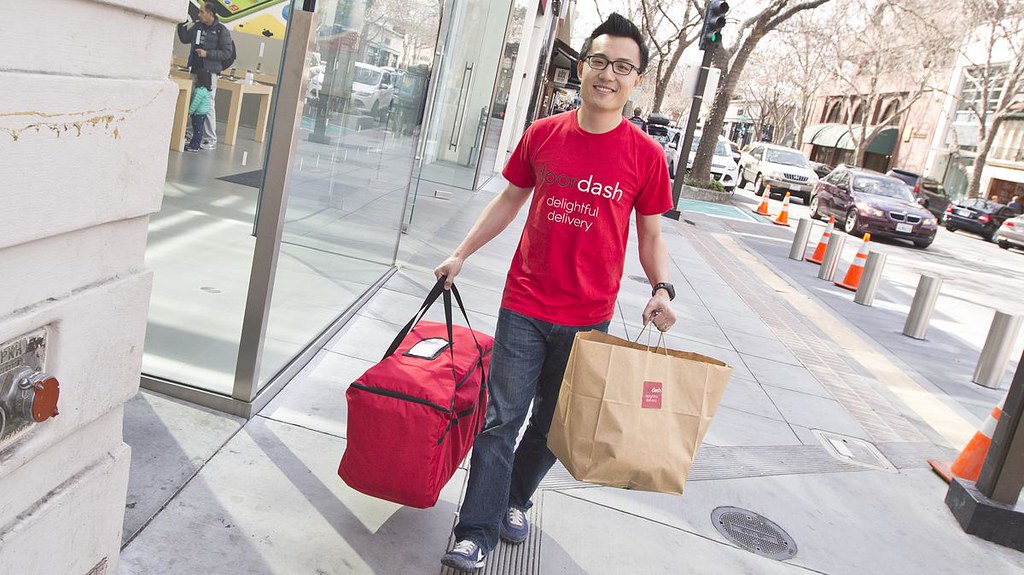
The minimum wage increase was created to help gig workers receive fair wages from billion-dollar corporations and hopefully move away from the “gig economy,” which has become the norm in the United States.
“They want us to hurt because they don’t want this law to be propagated in another city or another state, so they’re hitting us hard,” Kimberly Wolf said in response to the added service fees.
Workers Want Support

One way gig workers are coming together is by asking the Seattle City Council to amend the law to control the outrageous fees being implemented by delivery companies.
The goal is to eliminate the “local fee” that seems to be motivating consumers to step away from deliveries, limiting the gig workers’ main source of income.
Future of Seattle’s Wage Law

The future of Seattle’s minimum wage law remains uncertain as the city council prepares to vote on potential amendments by May 21.
The outcome will significantly influence the economic landscape for restaurants, employees, and customers in Seattle.
The Proposed Amendment

Seattle City Council President Sara Nelson sponsors the proposed ordinance, which would adjust several aspects of the original bill. One such adjustment includes lowering the minimum wage threshold.
The current law, unanimously approved by council members two years ago, mandates that companies pay drivers a minimum of 44 cents per minute and 74 cents per mile during deliveries or a minimum of $5 per order.
DoorDash Favors the Proposed Amendment
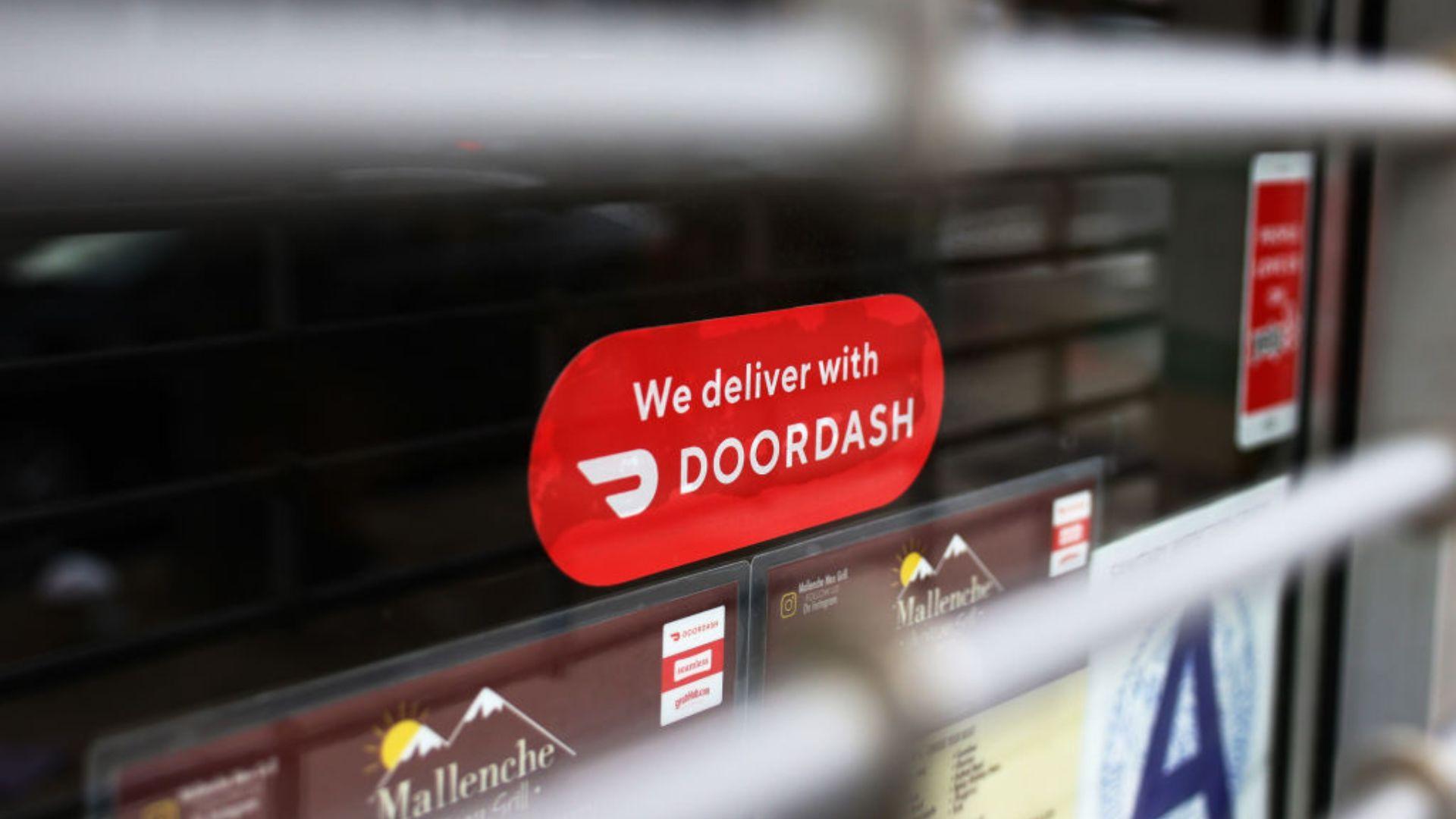
Nelson’s proposed amendment would set a per-hour minimum of $19.97 for “engaged” time. There will also be a minimum of 35 cents, eliminating the per-minute rate.
“The compromise proposal that the City Council is considering is a promising step toward increasing affordability for consumers and restoring millions in lost revenue for merchants and Dashers in Seattle,” a DoorDash spokesperson said in a statement to GeekWire.
Workers Say the Policy Favors Corporations

According to the PayUp movement’s website, the group seems to believe that the law was written by gig companies for the gig companies.
“Nelson’s policy was entirely drafted by a group consisting of the big gig companies, lobbyists for the big gig companies, and an organization the gig companies fund,” the website reads.
The Problems With the Proposed “Amendment”
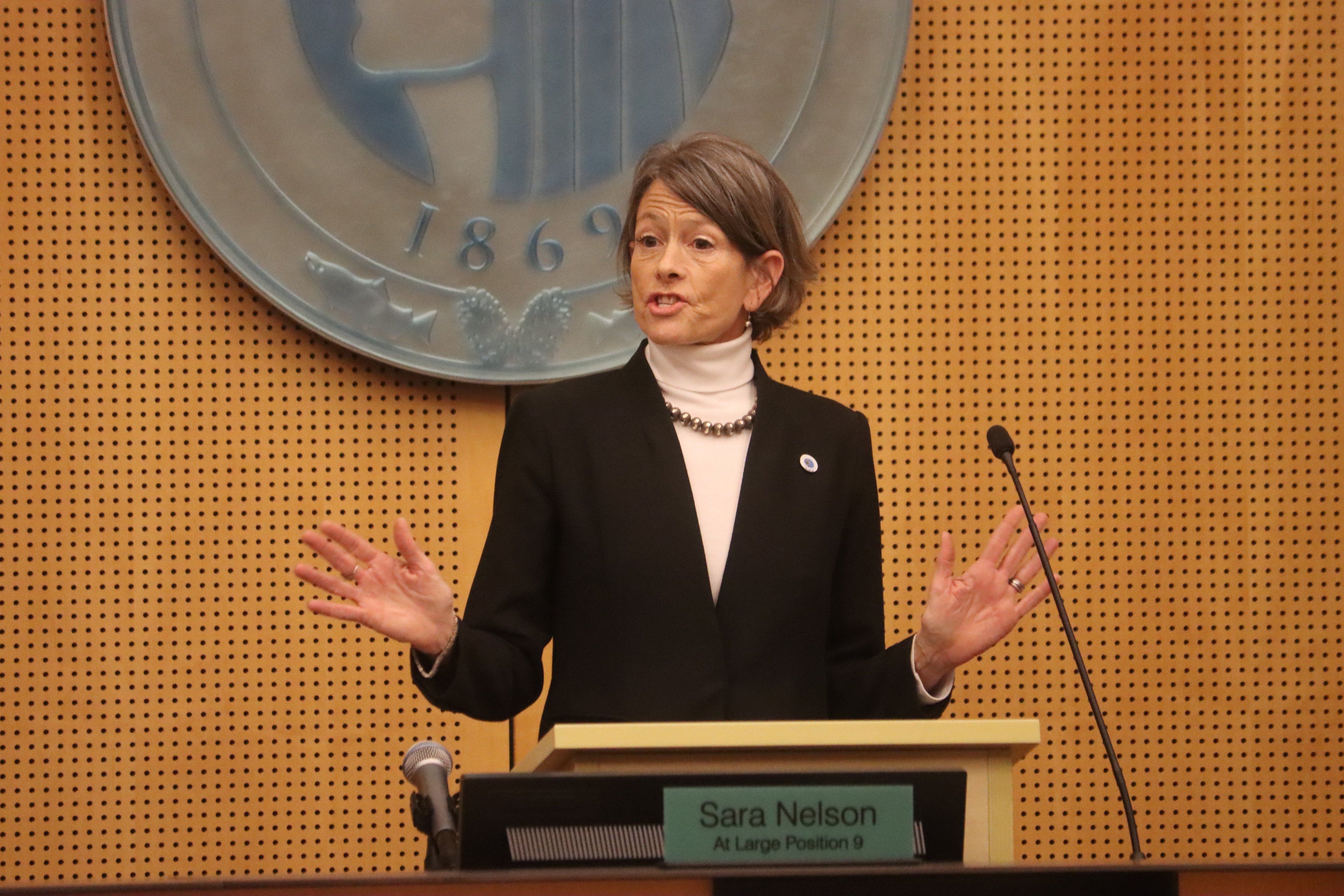
The group also slams the proposed amendment, pointing out that it was drafted with corporate stakeholders and Urber’s front group, Drive Forward.
“Through a rushed, closed-door process that has taken place less than two months after the implementation of the #PayUp gig worker minimum wage law, Council President Nelson has allowed the app corporations to present ‘solutions’ to a problem they created by imposing massive new fees on customers,” the website reads.
Workers Want Transparency
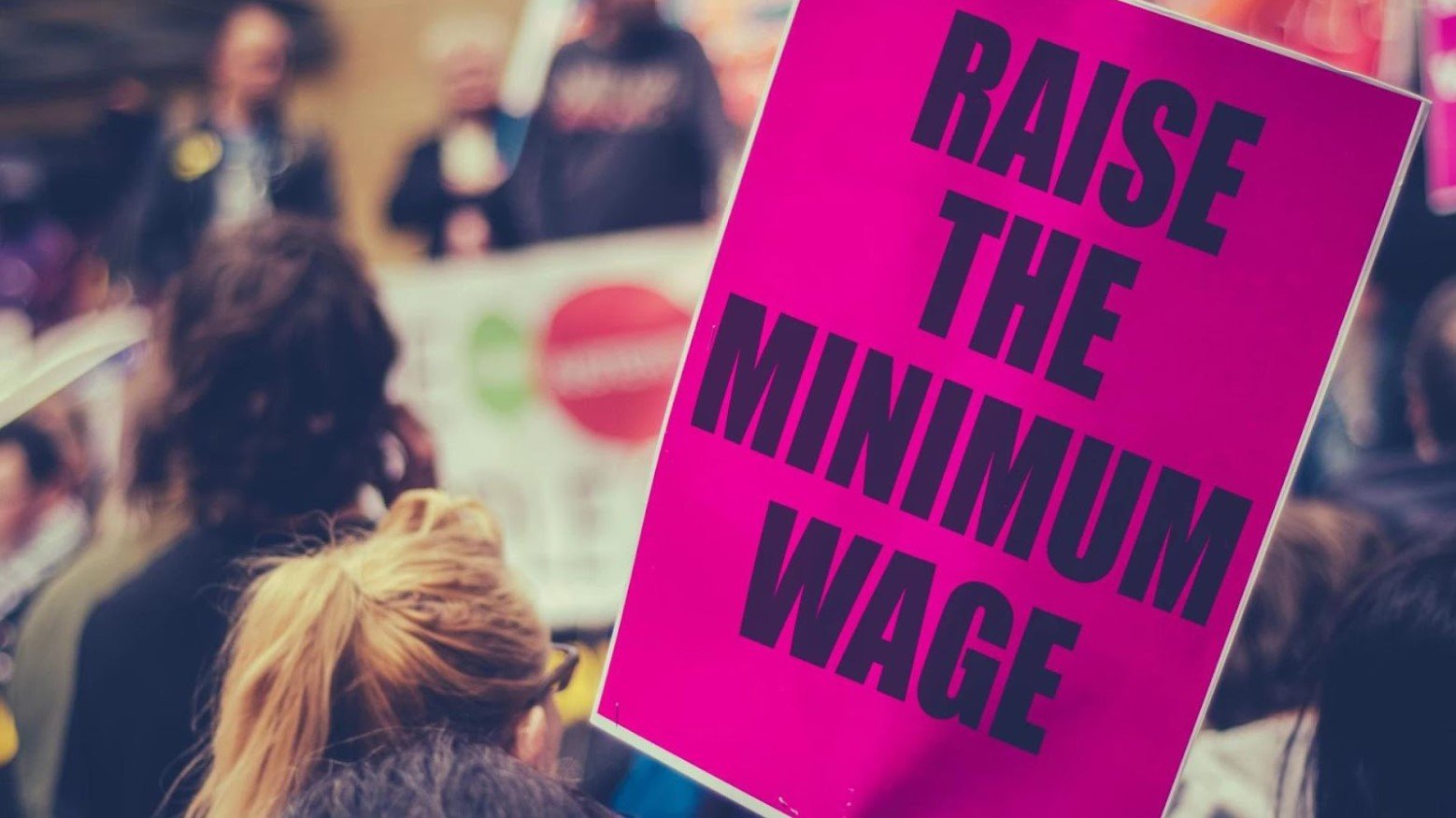
Whether it is from lawmakers or the corporations themselves, gig workers want the public to be aware that the fees being pushed onto consumers are a direct result of corporations not wanting to pay the new minimum wage.
The PayUp nonprofit is hoping to enter the decision-making process to help find a middle ground that allows gig workers to make a livable wage without corporations taking away their business.
